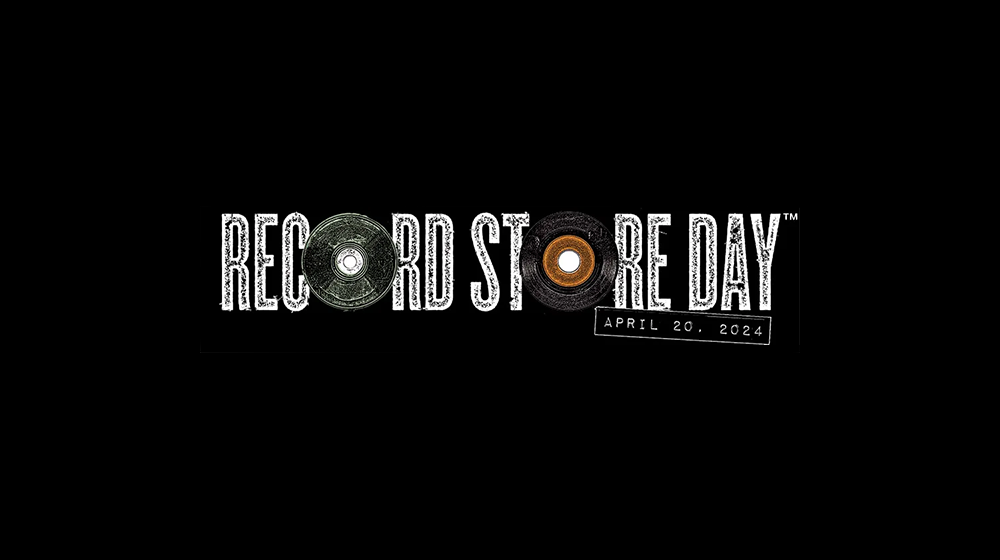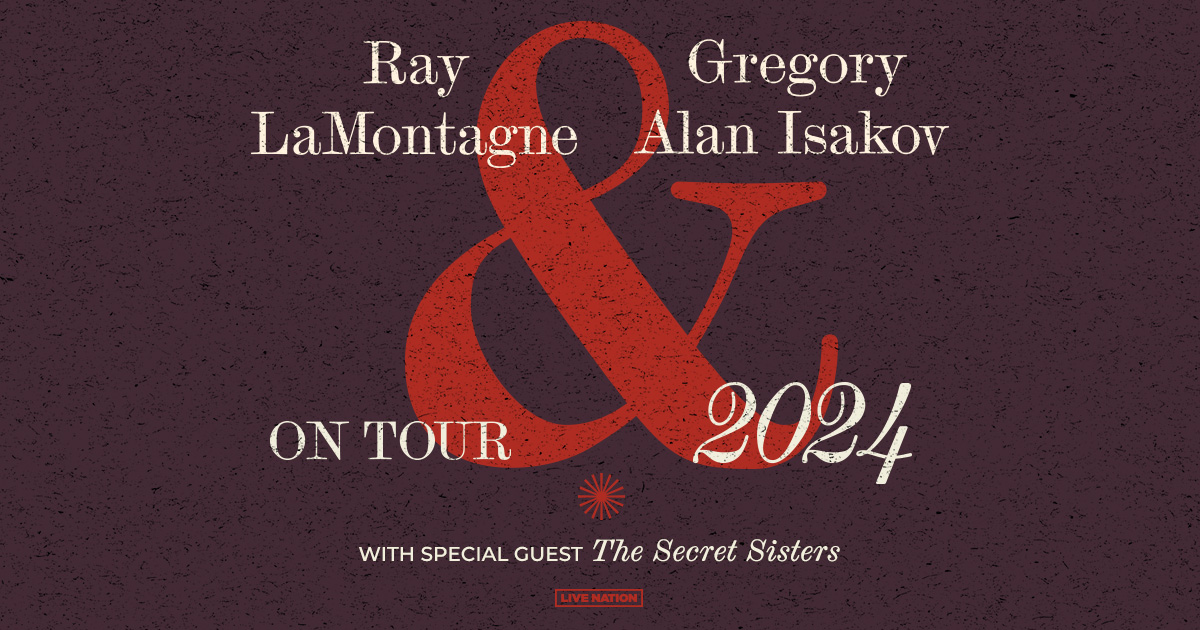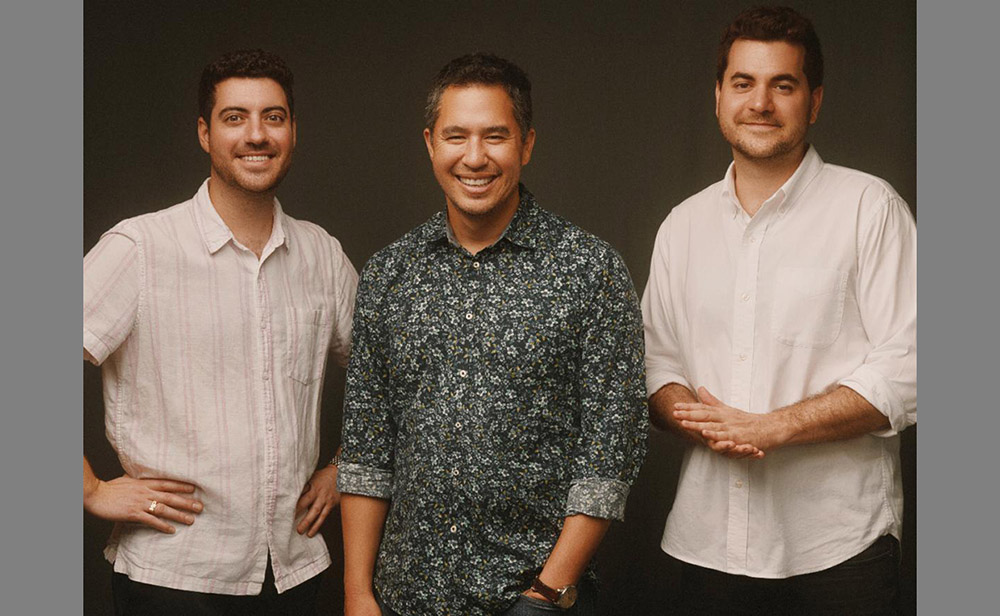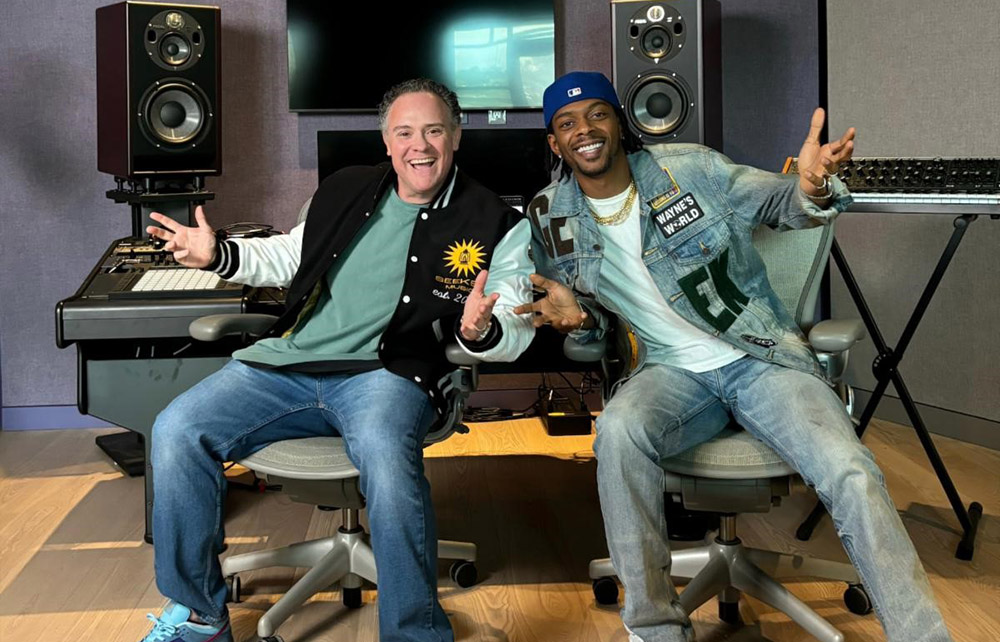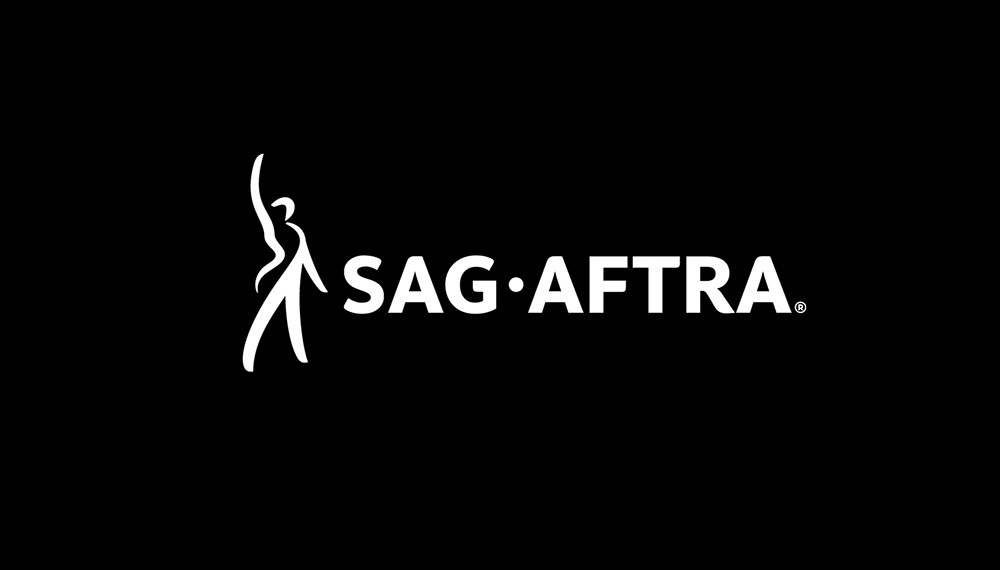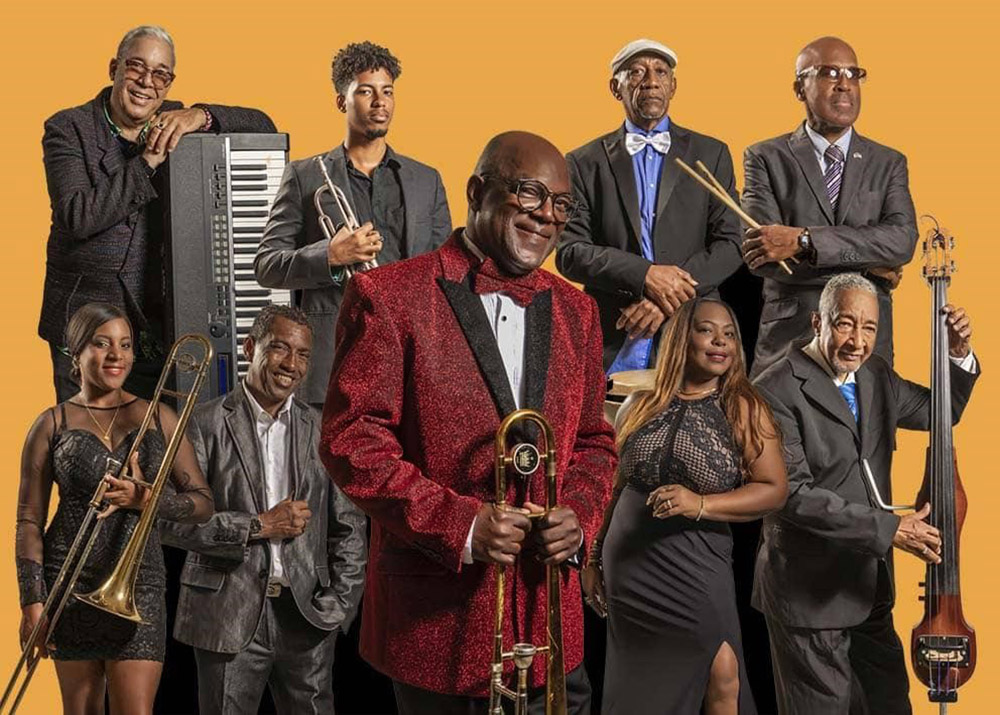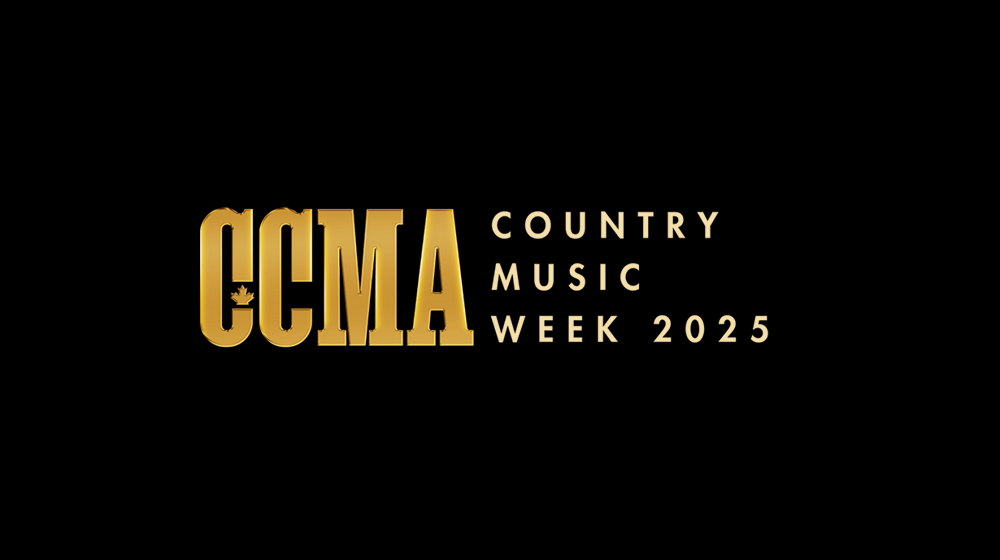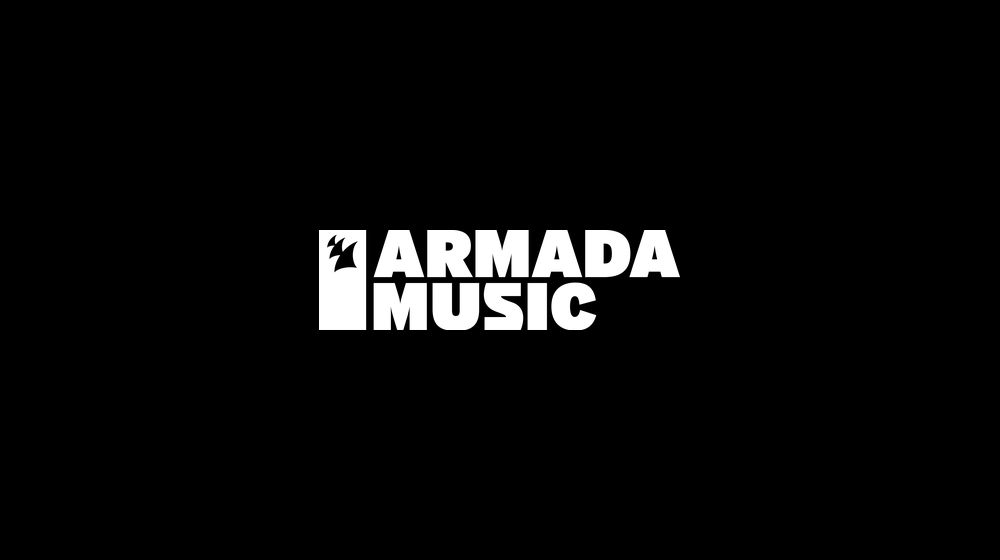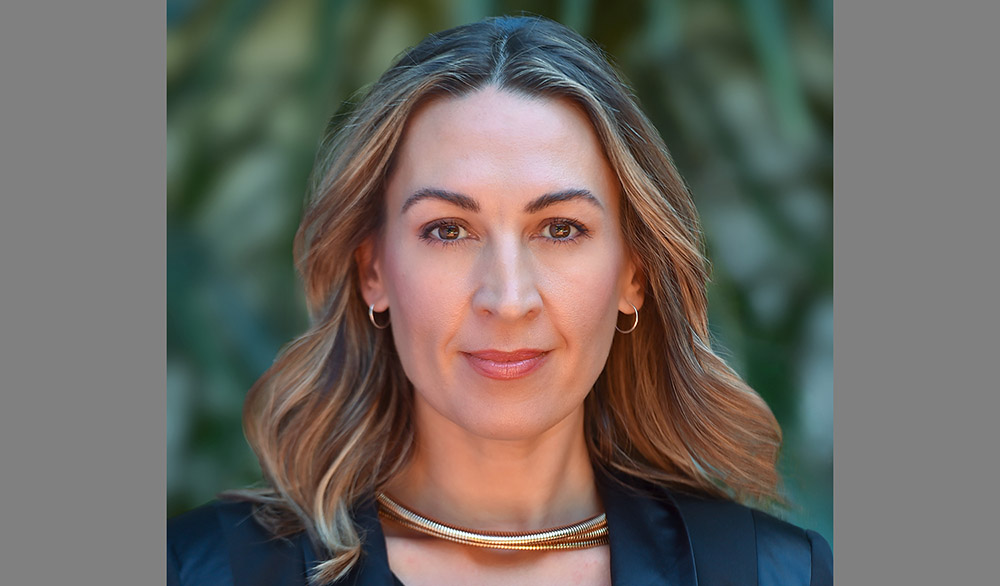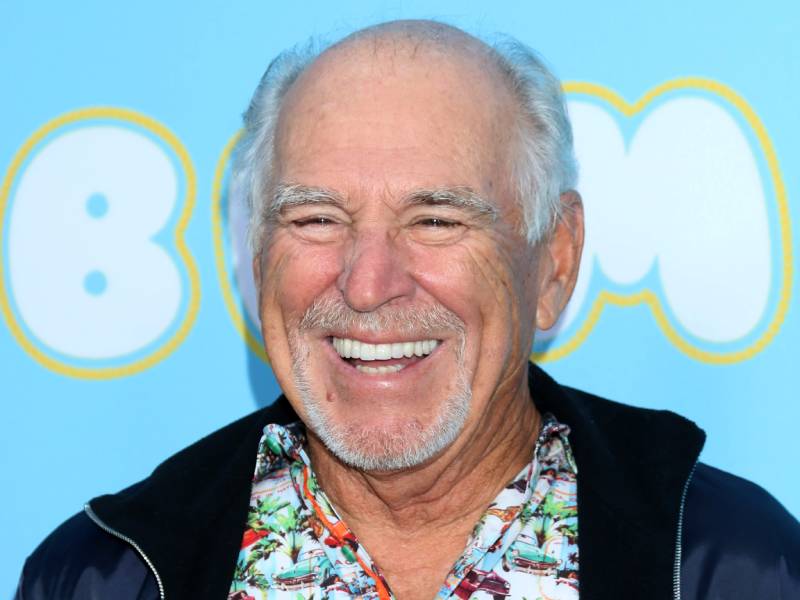
NEW YORK (Hypebot) – Just as more and more sites are adding full song streams, ASCAP and BMI are trying to get paid for 30 second song samples. The Digital Media Association (DiMA) filed an amicus brief today in the case of ASCAP vs. AT&T Mobile asking the federal district court to rule that 30-second music preview clips are “fair use” and do not justify public performance royalties as demanded by songwriter and music publisher representatives.
“DiMA supports fair compensation for copyright owners,” stated Jonathan Potter, Executive Director of DiMA. “DiMA members pay tens of millions of dollars in royalties to songwriters and publishers for online music sales. But the performing rights organizations (ASCAP, BMI and SESAC) who represent songwriters and publishers demand additional payment for the preview clips that facilitate these online sales.”
Courts have consistently found that using copyrighted content to provide product information. DiMA and NARM’s amicus brief filed today supports an underlying case in which AT&T Wireless has asked the court to extend that protection to 30-second samples that promote the sale of ringtones and ring-back tones. DiMA and NARM ask that the court consider the importance of 30-second preview clips for all Internet retailers.
“Internet retailers sell an extraordinary percentage of all recorded music,” continued Potter. "The iTunes Store is America’s largest music retailer, and Amazon.com, Best Buy and other DiMA members use 30-second clips to sell both CDs and digital downloads. If ASCAP succeeds in pressing its demand for a new payment for these previews, Internet music retailers would be disadvantaged simply because they are selling online, and songwriters and music publishers would be getting a royalty for the preview on top of the appropriate and well-deserved royalty that is paid when the music itself is sold.”

























